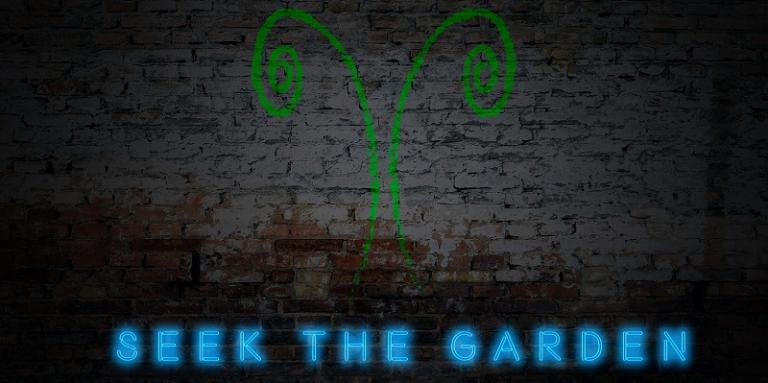
Commonwealth: A Novel of Utopia, part 2, chapter 2
Author’s Note: This is an excerpt from my novel Commonwealth. The rest of today’s installment is free, but only on my Patreon site. If you want to read the next part today, it’s already up on Patreon as well. You can sign up for as little as $1/month, or $2 for exclusive author’s notes and behind-the-scenes material. There’s also a table of contents for all published chapters.
There were houses here. Narrow lanes branched off from the road, leading up to peculiar residences. They were shrouded in forests and streams, but aside from that, no two were alike. Some were little more than cottages: rough wooden lodges that reminded her of Miranda’s cafe, or turf houses half-buried in the earth with porthole windows and chimneys that peeked out from roofs of living green moss, or angular modernist constructions of glass framed in steel, surrounded by overhanging trees.
Others were larger: splendid, palatial residences. Some were chiseled deep into the volcanic stone of the mountains, with broad panes of glass set into sheer, dripping rock faces. Others were elaborate treehouses, clusters of cedar-shingled structures nestled in the branches of giant trees and connected to each other by swaying aerial footbridges. Still others were like castles, fantastic turreted bulwarks of stone standing on exposed bluffs, overlooking gorgeous mountain vistas.
“What are these?” she asked.
“Another of those extravagances,” Jane said. “We strive to encourage density and communal living. But there are people who, for reasons of their own, desire more solitude than is reasonably obtainable within the boundaries of the city. Some of them choose to work as forest rangers or on other duties, like the rewilding project, that come with rural housing as a benefit. For people who aren’t interested in doing that, we offer this as an alternative. We have districts set aside where people can reserve plots of land and design private houses to their own liking.”
“It doesn’t seem like you could do this for everyone.”
“No, we couldn’t. We wouldn’t have the space. Therefore, unlike the apartments in the city’s residential districts, these aren’t free. You have to pay an annual tax – yes, in money – plus the energy and materials cost of constructing the house.”
“It sounds like a lot of trouble to go to,” Rae said, although secretly she felt the appeal of these wild, private homesteads.
“It is,” Elaina agreed. “It sounds romantic, but when you get down to it, it’s more hassle than it’s worth. Give me city living any day.”
Jane nodded. “I wouldn’t choose to live this way myself. Everything is less convenient in the outskirts: travel, commuting, shopping. Emergency services take longer to reach you, should you need them. And the flip side of solitude is loneliness. But if you value privacy above all else, you can have as much as you like.”
“So even in utopia, there are non-conformists?” she asked half-jokingly.